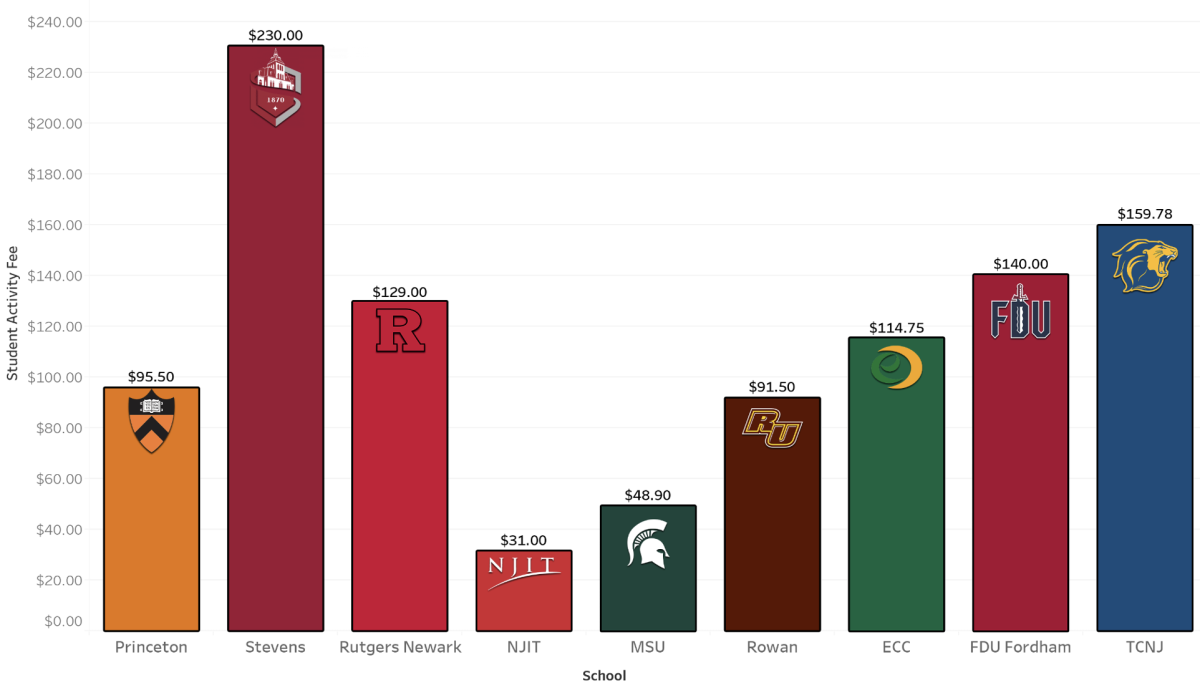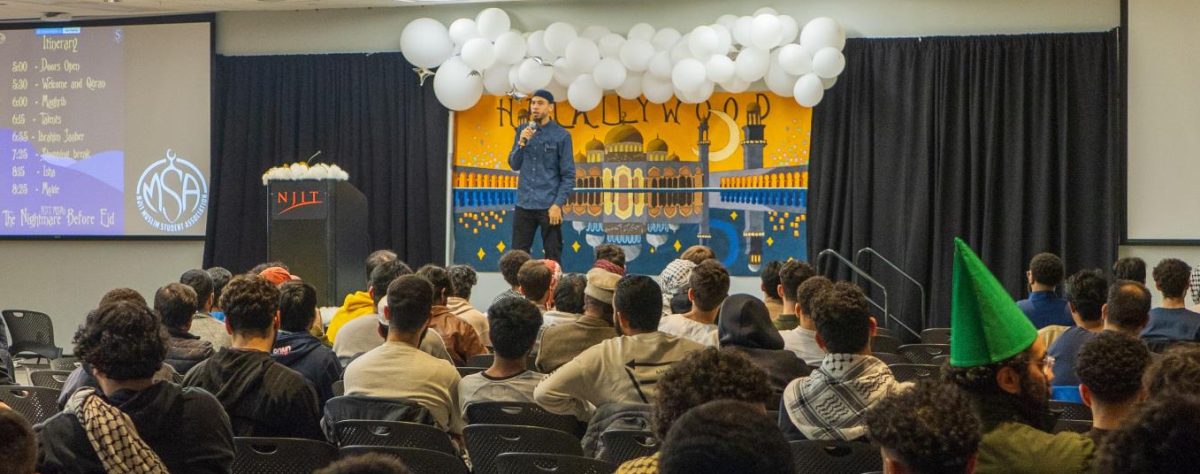How to apply for a semester overseas
It has always been a goal of mine to study abroad in college. Now that the time is actually here, I
can barely believe it. On August 27th, I arrived in Hong Kong, which is connected to southeast mainland
China, to study civil engineering at Hong Kong Polytechnic. The wealth of great cultural experiences you
can have abroad is unparalleled to what you can experience studying close to home. There are plenty of
interesting people to meet, foods to try, and unique experiences that you cannot have anywhere else.
The process to apply for studying abroad is long, but not that difficult. Scott Kline, the study
abroad coordinator in the Office of International Students, can get you started. My advice is to visit Kline
as early in the semester as possible, because there are some deadlines that come up pretty fast.
Your first step is to select a school of interest. The Office of International Students can provide
you with a wealth of information about different schools, and researching online can help with the final
decision. Personally, I had many considerations when selecting a school. I wanted English speaking
professors located in a major city in Asia with a terrific civil engineering program. I also wanted to escape
the gender ratio that plagues NJIT. Hong Kong Polytechnic was the perfect choice for me.
While selecting a school, you can complete most of your study abroad application that you can
also pick up from the Office of International Students. You will have to submit an essay explaining your
interest in study abroad, provide a recommendation from a professor, and fill out a basic form. Be sure
to ask what scholarships are available and apply early. The hardest part of the process is waiting to learn
about you acceptance, which can take quite a while.
Once you are accepted, it is time to get a passport, if you don’t already have one, and buy plane
tickets. You should also meet with academic advisers to see what classes will transfer, get approval from
the different departments, and ask any additional questions you might have.
Contrary to popular belief, studying abroad can be very inexpensive. Overall, I am saving close to
$1000 this semester, compared to a student who is living in the NJIT dorms with a basic GDS meal plan.
The reason is that the dorms at Hong Kong Polytechnic only cost $160 a month, and the food is also
much cheaper. With the money I saved, I booked a flight to Tokyo on the way to Hong Kong for only $300
extra, and am staying in hostels for 12 nights, at a rate of around $30 per night. I am writing to you from
Tokyo right now, and I cannot even explain how amazing it is here. Most of the people I am meeting in
my hostel are students, from Spain, Australia, America, Ireland, Korea, Germany, and Italy.
I will be writing in every week to share my experiences in Hong Kong. If you have any questions about
study abroad, I am absolutely happy to help you out. You can contact me at my NJIT
email [email protected] or find me on Facebook.






























